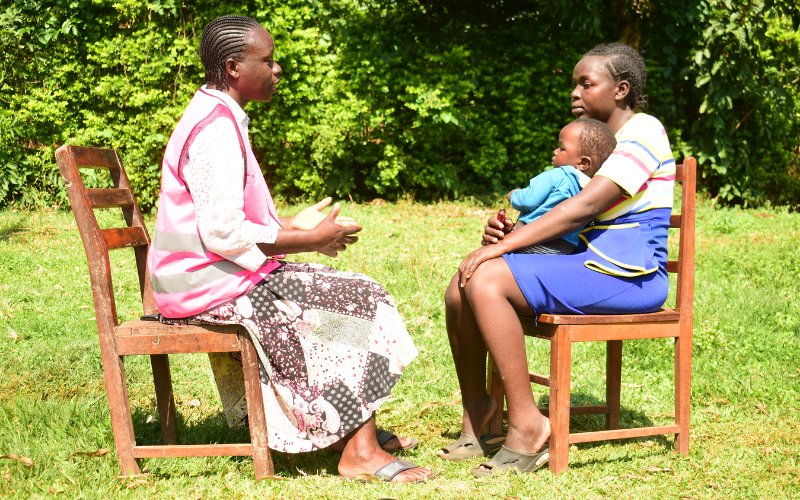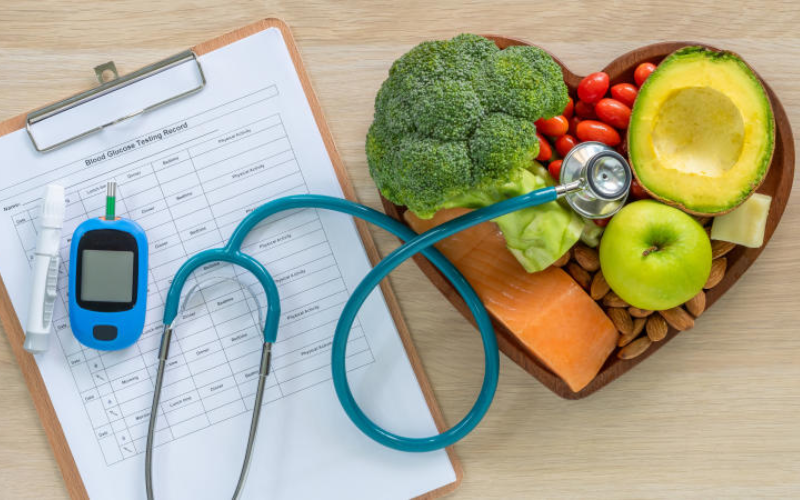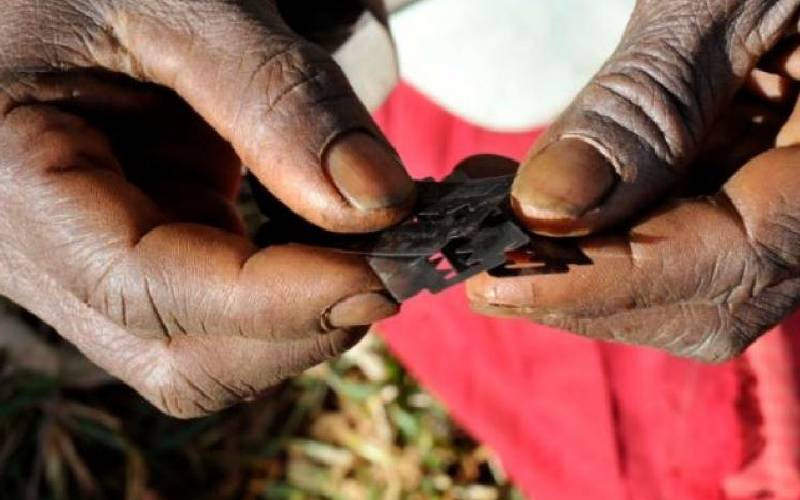
Women living with fibroids in Kenya now have access to a promising new treatment option.
High-Intensity Focused Ultrasound (HIFU), is a non-invasive procedure that uses ultrasound waves to heat and destroy fibroid tissue.
According to Dr Kireki Omanwa, President, Kenya Obstetrical and Gynaecological Society, the latest procedure offers a more favourable outcome, as the chances of the fibroids recurring are lower compared to other methods.
“It is a series of ultrasound waves that focus on the area where the fibroids are, and burns them at temperatures of between 60 to 100 degrees Celsius,’’ Omanwa explained, while appearing on Spice FM on Friday.
He noted that while fibroids—non-cancerous growths in the uterus, primarily affect women of African descent, their exact cause remains unclear.
“The cause of fibroids is still not clear, but from our little observation, they are caused by hormones. Estrogen might be the contributing factor.”
According to Dr Omanwa, up to 70 percent of women aged 19 to 40 are likely to develop fibroids during their reproductive years, adding that most women over 48 years often experience a natural decline in estrogen levels, which can reduce fibroid growth.
In many cases, fibroids are asymptomatic and do not require treatment unless they interfere with a patient’s quality of life or fertility.
‘’We ask the patient if they are experiencing heavy flow, or long and irregular periods. If they experience none of the symptoms, there’s usually no need for surgery,” he explained. “If a woman wants to conceive, we may recommend removal as they affect infertility,’’ he added.
The KOGS President encourages women to undergo check-ups every six months to monitor fibroid growth.
‘’The treatment options will depend on the patients’ symptoms, size, and the location of the fibroids,’’ Omanwa said.
In addition to surgical options such as laparoscopy and laparotomy, some patients benefit from hormonal contraceptives, which help manage fibroid growth, or hematinics, which address fibroid-related anaemia.
On the debate of traditional remedies, the doctor urged caution. “I do not oppose their use, but we do not know what’s in those medications, we do not know the chemical composition, and what it treats and its strengths in the body.”
He noted that treatment should be personalized. “Different methods work for different women,” said Omanwa, adding, “The most important thing is to understand your body through regular check-ups and make informed decisions.”
 The Standard Group Plc is a multi-media organization with investments in media
platforms spanning newspaper print
operations, television, radio broadcasting, digital and online services. The
Standard Group is recognized as a
leading multi-media house in Kenya with a key influence in matters of national
and international interest.
The Standard Group Plc is a multi-media organization with investments in media
platforms spanning newspaper print
operations, television, radio broadcasting, digital and online services. The
Standard Group is recognized as a
leading multi-media house in Kenya with a key influence in matters of national
and international interest.











